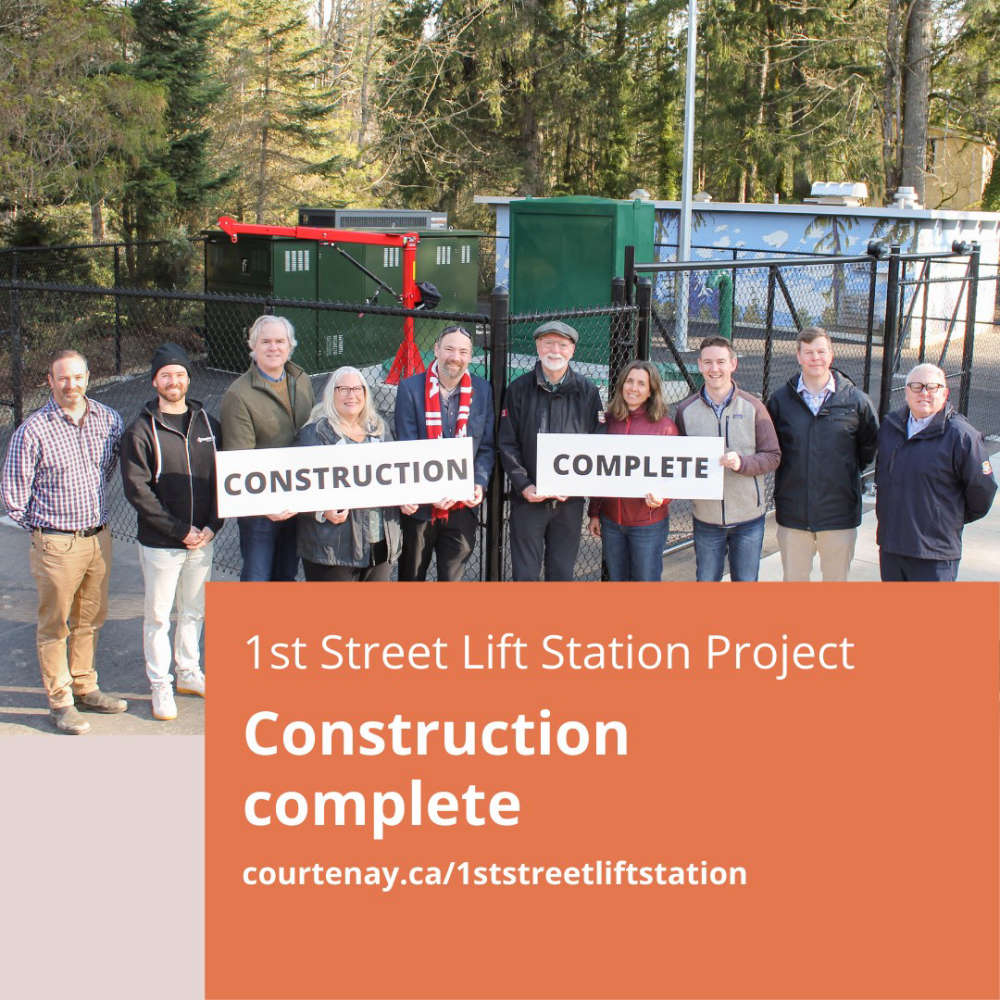
More workers from select occupations will be provided with easier access to workers’ compensation for psychological injuries caused by work-related trauma.
Eleven new occupations have been added to the mental-health presumption under the Workers Compensation Act, including community-integration specialists, coroners, harm-reduction workers, parole officers, probation officers, respiratory therapists, shelter workers, social workers, transition house workers, victim service workers and withdrawal-management workers.
They join others, such as first responders, already covered under the presumption.
The mental-health presumption fast tracks the claims process with WorkSafeBC and is intended to provide workers faster access to treatment and workers’ compensation benefits once a formal diagnosis of the psychological injury has been made.
The changes are meant to help ensure the workers who are counted on to care for others also receive the support they need.
The Workers Compensation Act allows the addition of other occupations to the existing presumption as new evidence becomes available.
Several factors are considered when adding an occupation to the presumption, such as the nature of the work, potential for exposure to traumatic events, and information and data about psychological injuries.
In 2018, the government amended the Workers’ Compensation Act to establish a new mental-health presumption for municipal and federal firefighters, police, paramedics, sheriffs, and correctional officers.
Additional occupations were then added, including emergency response dispatchers, nurses, publicly funded health-care assistants, as well as forest firefighters, fire investigators and firefighters working for Indigenous organizations.
To learn more, visit Government of British Columbia.

 Courtenay Celebrates Completion Of 1st Street Lift Station
Courtenay Celebrates Completion Of 1st Street Lift Station
 New Climbing Boulder At No.6 Mine Park Now Open In Cumberland
New Climbing Boulder At No.6 Mine Park Now Open In Cumberland
 Full Road Closure On Dogwood Street Thursday
Full Road Closure On Dogwood Street Thursday
 Accessibility Improvements For Campbell River Airport
Accessibility Improvements For Campbell River Airport
 City Of Campbell River’s Looking For Input On Official Community Plan
City Of Campbell River’s Looking For Input On Official Community Plan
